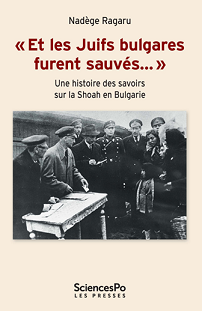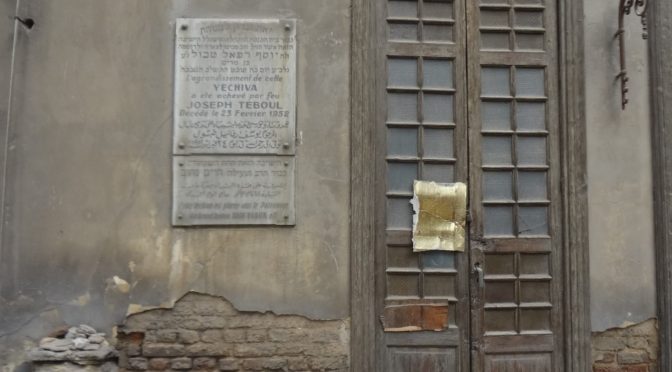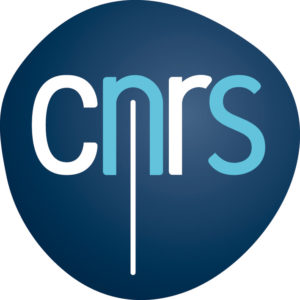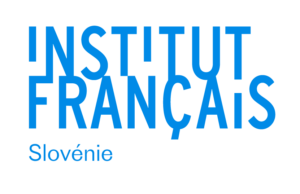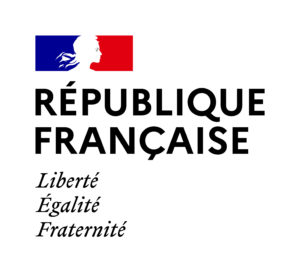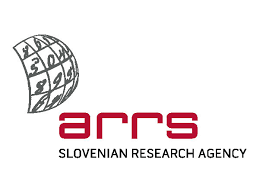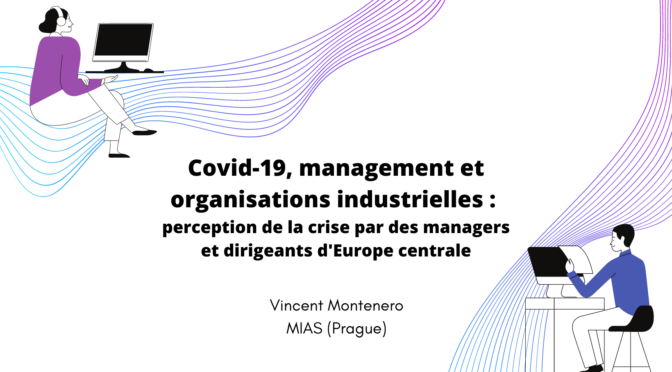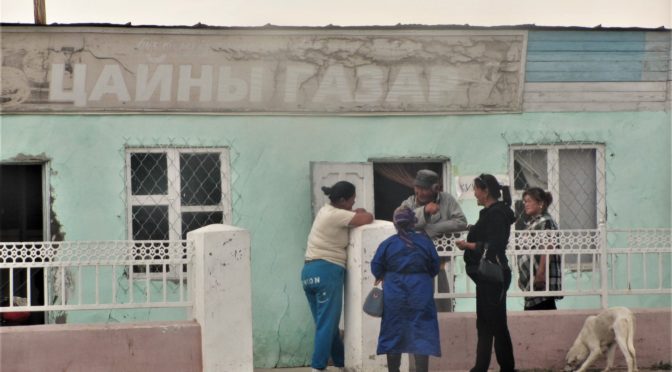Tandem Webinar
organized by Michèle Baussant (CEFRES, CNRS / ICM Fellow) with the collaboration of Maria Kokkinou (CEFRES / FSV UK) and Johana Wyss (CEFRES / Institute of Ethnology AV ČR)
Date: Wednesday, May 12th, 2021, 3:00–5:00 pm
Place: Online, streamed live on CEFRES Facebook page:
https://www.facebook.com/cefres
Or on Zoom, to register, please contact Claire Madl: claire(@)cefres.cz
Language: English
Presentation of the book: « Et les Juifs bulgares furent sauvés… ». Une histoire des savoirs sur la Shoah en Bulgarie (Presse de Sciences Po, 2020) with the participation of:
The author, Nadège Ragaru, Research Professor, Center for International Studies of Sciences Po (CERI, CNRS),
And as discussants:
Henriette-Rika Benveniste (Professor of History, University of Thessaly, Greece)
Jan Grabowski (Professor of History, University of Ottawa, Canada)
Bulgaria was an exception, a state allied with the Reich that refused to deport its Jewish community. This image of Bulgaria during WWII has persisted until the present day, overlooking the fact that in the Yugoslavian and Greek territories occupied by this country between 1941 and 1945, almost all the Jews were rounded up, sent to Poland, and exterminated.
The result of a vast documentary and archival investigation, Nadège Ragaru has pieced together the origins of what was long assumed to be factual because it was widely believed. It explains why a single aspect of a complex and contradictory history was emphasized in the transmission of history. She shows how the deportations, although not expunged, were considered secondary in public discourses, museums, history books, and the arts. She looks at how writings on the persecutions of Bulgarian Jews became caught up in the Cold War and then the political and memorial struggles of the post-communist period in the Balkans and the rest of the world.
Deeply original in its approach and in its style, this historical investigation is an exemplary reflection on the silences of the past.
For more information about the Tandem 2021 research project De-imperial Europe: A Resentful Confederation of Vanquished Peoples? Raw and Lapsed Memories of Post-imperial Minorities, please see here.
For more information about Tandem programme, see here.

